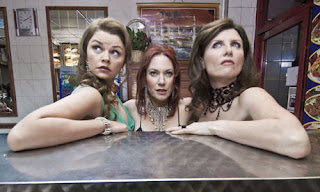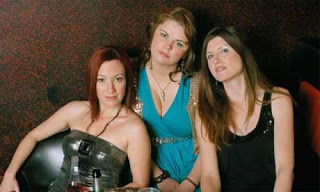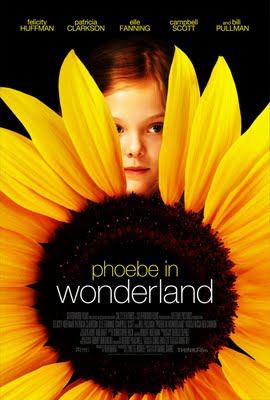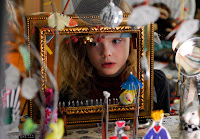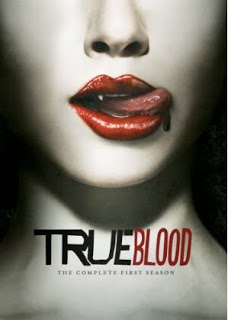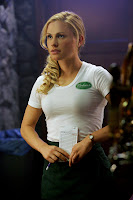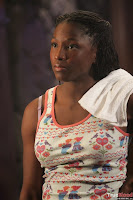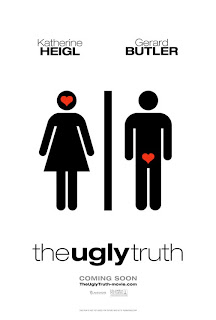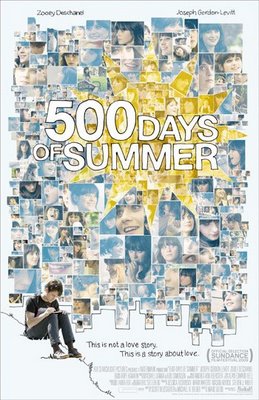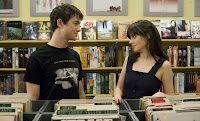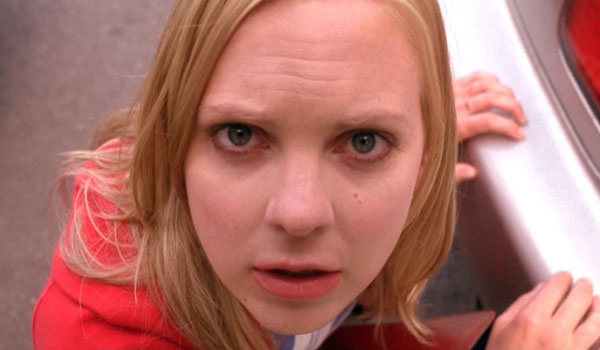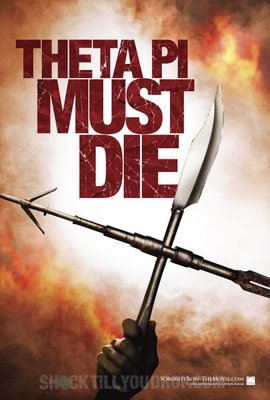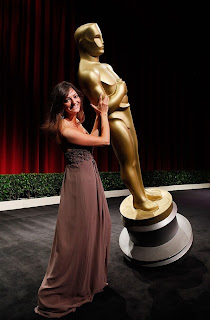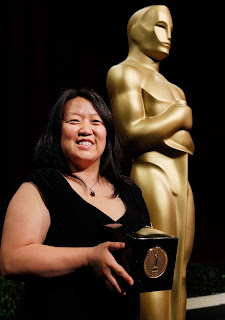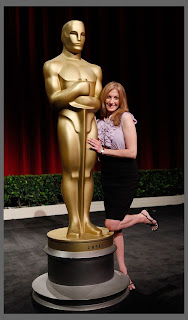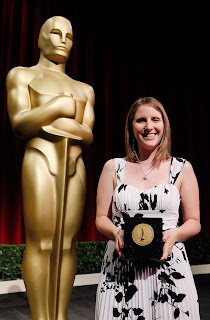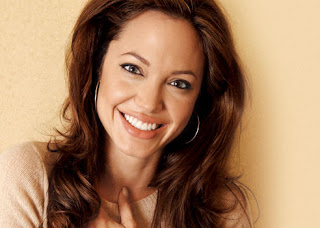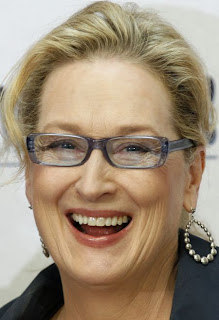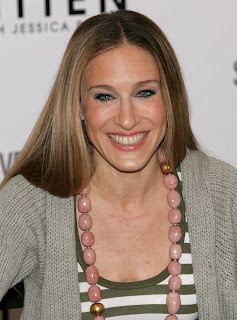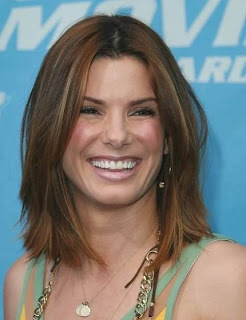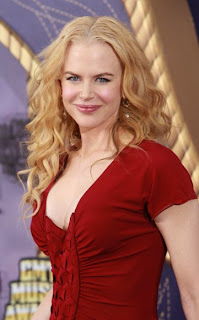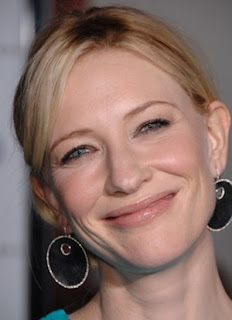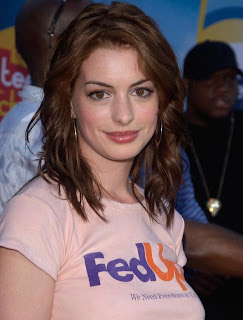
Pulling is a British comedy series written by Sharon Horgan (who co-stars) and Dennis Kelly. It aired on BBC3 for two seasons (of six episodes), starting in 2006, and an hour-long farewell special aired this May.
After breaking off her engagement, Donna (Horgan) moves in with two of her best friends, Louise (Rebekah Staton) and Karen (Tanya Franks). What follows is a hilarious, raunchy, irreverent take on life as a thirty-something woman.
Things I Love About Pulling
- Women behave badly, too. While something like 99% of television and movies allow men to behave badly and enjoy themselves, when women behave similarly they’re slut-shamed and made to feel guilty for thinking about anyone but everyone else. A woman has a one-night stand in most movies, and she’s punished with a pregnancy (and, yes, in comedies pregnancy typically is a punishment, meant to teach a woman she needs to change her selfish, uppity ways and start living for someone else). See Knocked Up, Juno, and just about every other American comedy.
- Successful dark comedy. While American dark comedy typically consists of some pretty awful misogyny, or at least humor at the expense of others, Pulling manages to be funny and edgy without displaying hatred for any group of marginalized people. Even a tirade against a man who gave a less-than-stellar performance in the bedroom has a tone of lightness and regard for the man, who looks adorably helpless standing by the kitchen table as Karen goes off. The viewer isn’t supposed to hate that man; the viewer feels sympathy for him.
- No interest in babies, marriage, children, or shopping. Donna decides she doesn’t want to marry Karl, despite caring for–even loving–him. Although Karen is a teacher, the one moment when she gets all sappy about children–with their tiny fingernails–being the future is played for laughs. And the only moment in the first season that approaches interest in clothes involves Karen verbally assaulting her dry cleaner for not being able to deliver same-day repair service for a torn dress, despite the fact that she had a completely bullshit suck-up conversation with him.
- The show is smarter than its characters. So many so-called smart shows have characters who are successful professionals–doctors, lawyers, businesspeople–and who do sophisticated things. Not this one. These women go to the pub–a lot. They have working-class jobs (waitress, teacher, personal assistant). They don’t feel guilty about being working-class women. They work. Lousy jobs. They lose lousy jobs. They don’t enjoy gallery openings.
- Despite the drinking, sleeping around, and general screwing up, the show still has a moral center. When the characters do something reprehensible, they know it. When Louise’s mother comes to visit, it’s clear that her behavior (which I won’t give away here) crosses a line that her daughter’s (and the roommates) don’t cross.
From a subjective viewpoint, these three women are my age and their lives are disasters. Their lives are, in fact, closer to most people I know than anything else represented in film and television. If I’m to believe media, the things I really concern myself with are marrying, having babies, buying a house, driving a newer car than I do, using the best hair/skin/cellulite-diminishing products, and obsessing over my investments. If I’m to believe my regular life, no one knows what the fuck they’re doing.
Pulling is a show starring women, but it’s not all about female empowerment and becoming a better person and sisterhood and all that. I’m all for female empowerment, but sometimes I just want to laugh. Pulling delivers, and it’s a shame the show lasted only two seasons. Those two seasons are, however, available on Netflix. If you haven’t seen Pulling, I suggest you immediately add it to your queue.